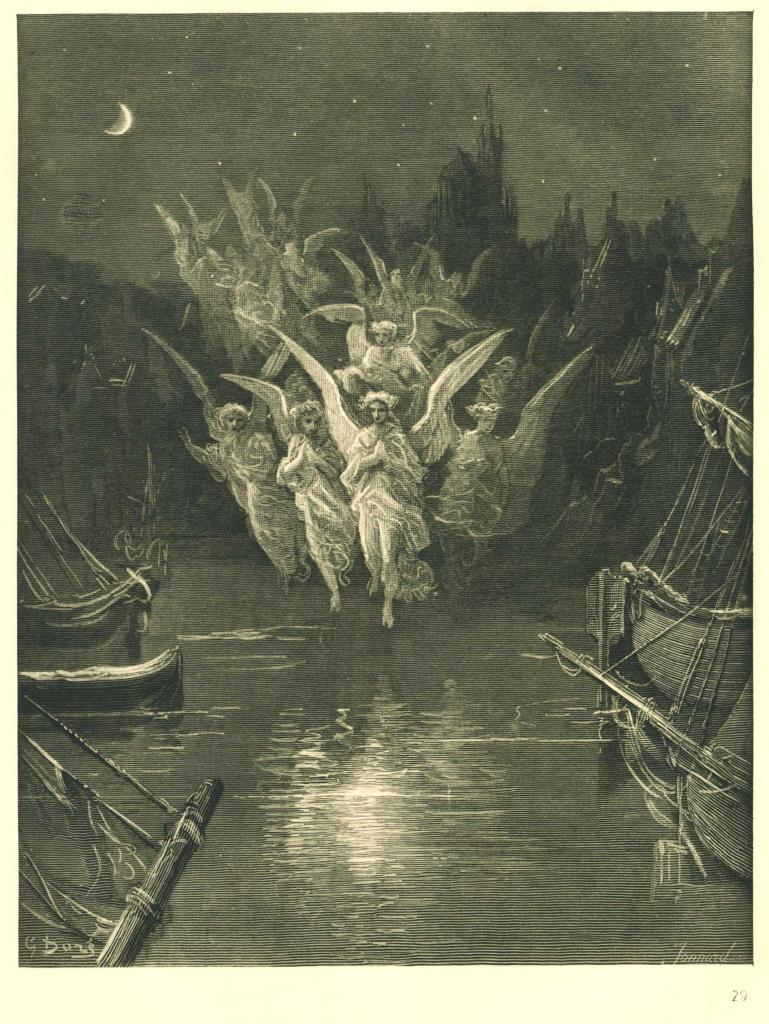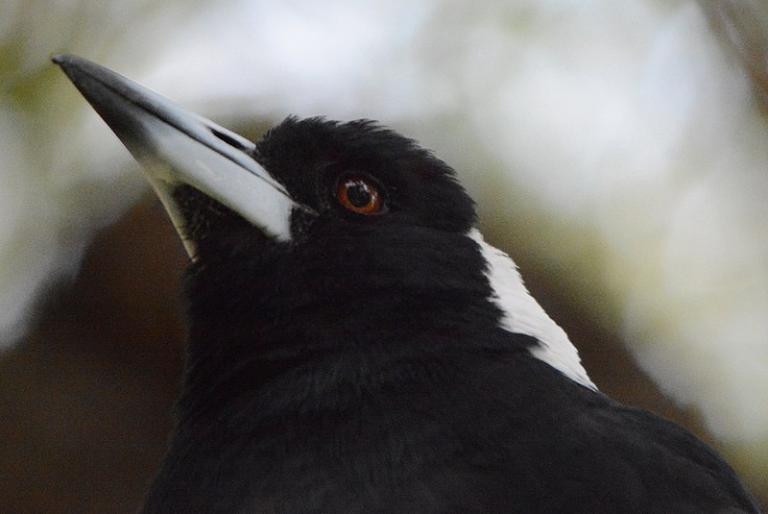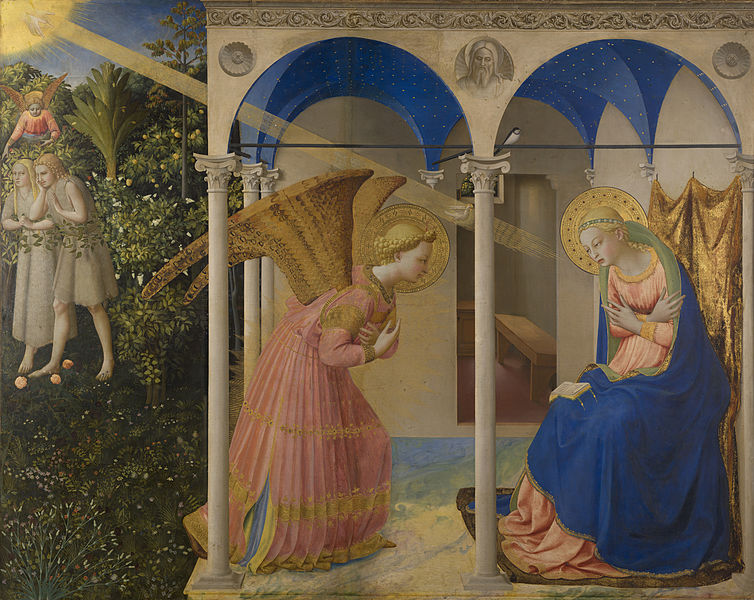David Russell Mosley

Christmastide
Twelfth Night
5 January 2015
The Edge of Elfland
Hudson, New Hampshire
Dear Friends and Family,
Today I want to look at the fairy tale we most commonly call Sleeping Beauty. In truth, this tale has several titles, or variations, anyway. In French it is ‘La belle au bois dormant’, the Grimm’s called it ‘Little Briar Rose’, and there is an Italian story very similar to it called Sun, Moon, and Talia. I will be focusing on the French version as written/collected by Charles Perrault and translated by Andrew Lang. It is once again interesting to note that in the Grimm version of this story, the fairies are not godparents.
La belle au bois dormant begins with a royal family longing to increase from two to three (at least). They eventually conceive and a little girl is born. They have a christening (which is really just another word for a baptism) and invite to it seven fairies to serve as her godmothers (for it is at baptisms that godparents become bound to their godchildren). Her mother and father choose fairies, ‘that every one of them might give her a gift, as was the custom of fairies in those days.’ After the baptism a feast is held (remembering that festivals and gift-giving are inherent to and the foundation of the godparent-godchild relationship), and an eighth fairy shows up. She was an old fairy and was not invited for the believed her ‘dead or enchanted.’ She is given a seat at the table, but does not receive as a nice a place setting as her elven companions. And so, ‘The old fairy fancied she was slighted, and muttered some threats between her teeth. One of the young fairies who sat by her overheard how she grumbled; and, judging that she might give the little princess some unlucky gift, went, as soon as they rose from table, and hid herself behind the hangings, that she might speak last, and repair, as much as she could, the evil which the old fairy might intend.’
After the feasting is done it is time to give gifts: ‘The youngest gave her for gift that she should be the most beautiful person in the world; the next, that she should have the wit of an angel; the third, that she should have a wonderful grace in everything she did; the fourth, that she should dance perfectly well; the fifth, that she should sing like a nightingale; and the sixth, that she should play all kinds of music to the utmost perfection.’ I find these gifts interesting and informative. Again, think back to Cinderella and what her fairy godmother does for her, she makes evident to all the truth, beauty, and goodness (which naturally belong together) that are coincident in her. Here, the first fairy makes her beautiful; the second intelligent for an angel’s wit is not in humour, but in knowledge and most specifically knowledge of God and this would be truth; I do not think it a stretch to say third gives her the gift of goodness, for what else can it mean to have grace in everything that we do; the fourth, fifth, and sixth seem to give her further gifts of beauty, goodness, and truth, specifically in the things she does. Sleeping beauty is not rendered strange by her godmothers, but is given the coincidence of truth, beauty, and goodness as gifts themselves.
The old fairy gives the gift of death and terrifies the whole court. But then out comes the original seventh fairy who does not undo the gift of death, but transforms it: ‘At this very instant the young fairy came out from behind the hangings, and spake these words aloud: “Assure yourselves, O King and Queen, that your daughter shall not die of this disaster. It is true, I have no power to undo entirely what my elder has done. The princess shall indeed pierce her hand with a spindle; but, instead of dying, she shall only fall into a profound sleep, which shall last a hundred years, at the expiration of which a king’s son shall come and awake her.”‘
This fairy godmother proceeds to put the whole kingdom to sleep, excepting the girl’s natural parents, and raises up thorns and brambles in order to protect the young girl from harm while she slept. She is awakened after 100 years by her handsome prince, is married and the story takes a strange turn involving the prince’s mother who is part ogress and desires to eat his wife and children. There are no more mentions of the fairies who had served as godmothers to Sleeping Beauty, nor do we learn whether any fairies served as godparents to her children Morning and Day. Yet we can see how they continue to be protected by the triple gift of goodness, beauty, and truth. The cook cannot bring himself to kill the children: Morning’s beauty and goodness overwhelm him as she, ‘came up to him jumping and laughing, to take him about the neck, and ask him for some sugar candy.’ Day overwhelms him with his bravery, a subset of goodness in so many ways, for the cook found ‘him with a little foil in his hand, with which he was fencing with a great monkey, the child being then only three years of age.’ The Queen, that is Sleeping Beauty, overwhelms him with her love for her children, whom she believed to be dead. Love is, in so many ways, the coming together of truth, beauty, and goodness.
So while her godparents don’t take much of a role in her life after she pricks her finger on a spindle, the spiritual gifts which they gave her protected from all future evil. A human godparent can help raise a child to be proficient in the gifts given to the young princess, but they cannot give them outright, only, it would, a fairy godparent can do so. And so again we see the coming together of the Kingdom of God, since God is the true source of truth, beauty, and goodness; and the realm of Faërie.
Sincerely yours,
David















